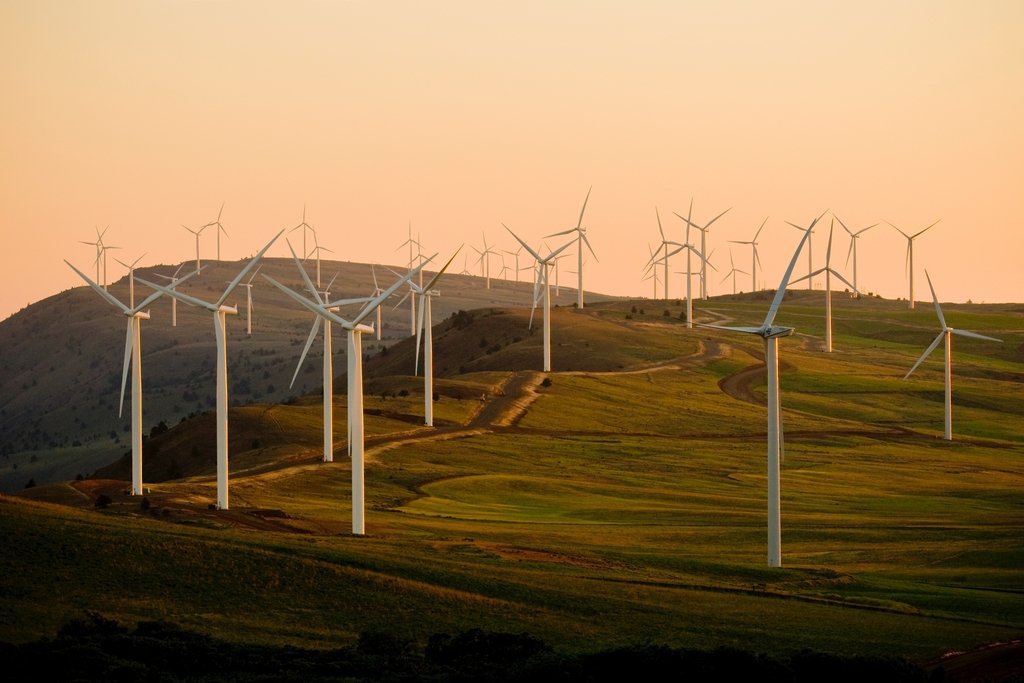With upto 2.5 lakh jobs every year, the solar energy, wind energy and bioenergy segments are collectively expected to generate maximum employment

Currently, there are overall 4 lakh people working in the Indian renewable energy sector, out of which 1.8 lakh are employed in solar energy, 60,000 in wind energy, 55,000-60,000 in bioenergy including biofuel and agro-residue says Dr. Praveen Saxena, Chief Executive Officer, Skill Council for Green Jobs.
“These figures are expected to be about six times more by the year 2030 and keeping with the targets we have, we are expecting 18.3 lakh people to be working in renewable energy, solar being the highest. We are also expecting new jobs of the order of 50,000 to 2.5 lakh every year, between now and 2030,” commented Dr. Saxena while speaking recently at a webinar on “Women in Renewable Energy and Sustainability” organized by the Ministry of New and Renewable Energy (MNRE).
As per Dr. Saxena, COVID-19 has played a dampener in terms of additional job creation. “While there are great opportunities in job creation within renewable energy, these numbers didn't grow during the pandemic. The jobs created last year were relatively much less compared to previous years. Nevertheless, there a lot of traction coming and Skill Council is talking to various industry bodies to know what kind of skill sets are required,” says Saxena while talking about Skill Council for Green Jobs which is one of the most recently launched initiatives of the Government of India aligned to the National Skill Development Mission. Promoted by the MNRE and Confederation of Indian Industry, the Council aims to identify skilling needs of service users as well as manufacturers and service providers within the green businesses sector.
Looking at the positive takeaways from COVID-19 pandemic, Saxena credits it for accelerating the acceptance of women entrepreneurs. He says optimistically, “Covid has moved us in the direction of involving more women at the grassroots level. Demand aggregation at panchayat and district level is such that more women are getting involved. If we institutionalize our programmes in this way, we can get the results.”
Elaborating further on the increasing participation of women in the renewable sector, Saxena mentions, “MNRE is fortunate to have started programmes on women starting from the year 1982-83 when we had biogas programmes. As per our own data, the participation of women has been around 15-17% in most of the programmes and jobs. It may be 30% in renewables as per most of the reports but our findings put it around 17%.”
While Saxena says there is no control over the jobs at higher levels, he believes much can be done in the rural market. "We have always found entrepreneurship as a big opportunity area in this segment," he opines as he shares an interesting case study of a project implementation, “For example, we once implemented Sustainable Energy System projects under Smart Gram Initiative of Rashtrapati Bhawan with guidance from former President, late Pranab Mukherjee. We identified 50 villages in Haryana and put the condition that the entire project will be delivered by the women. We started with distribution of cooking, induction cookers, water purifiers, water quality and then indoor cooking and also the solar lighting systems. Finally, we had 12 women who were ready to become entrepreneurs and the programme became extremely successful.”
Outlining his future outlook, Saxena concludes, “If we are able to center our programmes in the right direction, typically in rural areas around women entrepreneurs, then the reliability, effective distribution and the implementation become much better. Our efforts should be towards involving more women in entrepreneurship at grass roots level. While it is certain that the government wants to promote women and policies are made in this direction too but still it doesn’t happen as expected. Skilling of manpower is our primary goal and I would say minimum 22 - 45% skill training towards women. That will start changing.”
According to a report by the International Renewable Energy Agency (IRENA), India has the fourth largest number of renewable energy jobs globally, employing 719,000 people directly and indirectly in the sector. The country has overtaken China as the leading provider of jobs in hydropower, directly employing 347,000, which equates to 48 percent of renewable energy jobs in India. Following recent trends, India’s solar PV sector was its second largest renewable energy employer, supporting roughly 115,000 direct and indirect jobs (16% of renewable energy jobs). India’s other large renewable energy employers include the biogas industry, the solid biomass industry, the wind power industry, and the liquid biofuels industry.
Subscribe to our newsletter & stay updated.